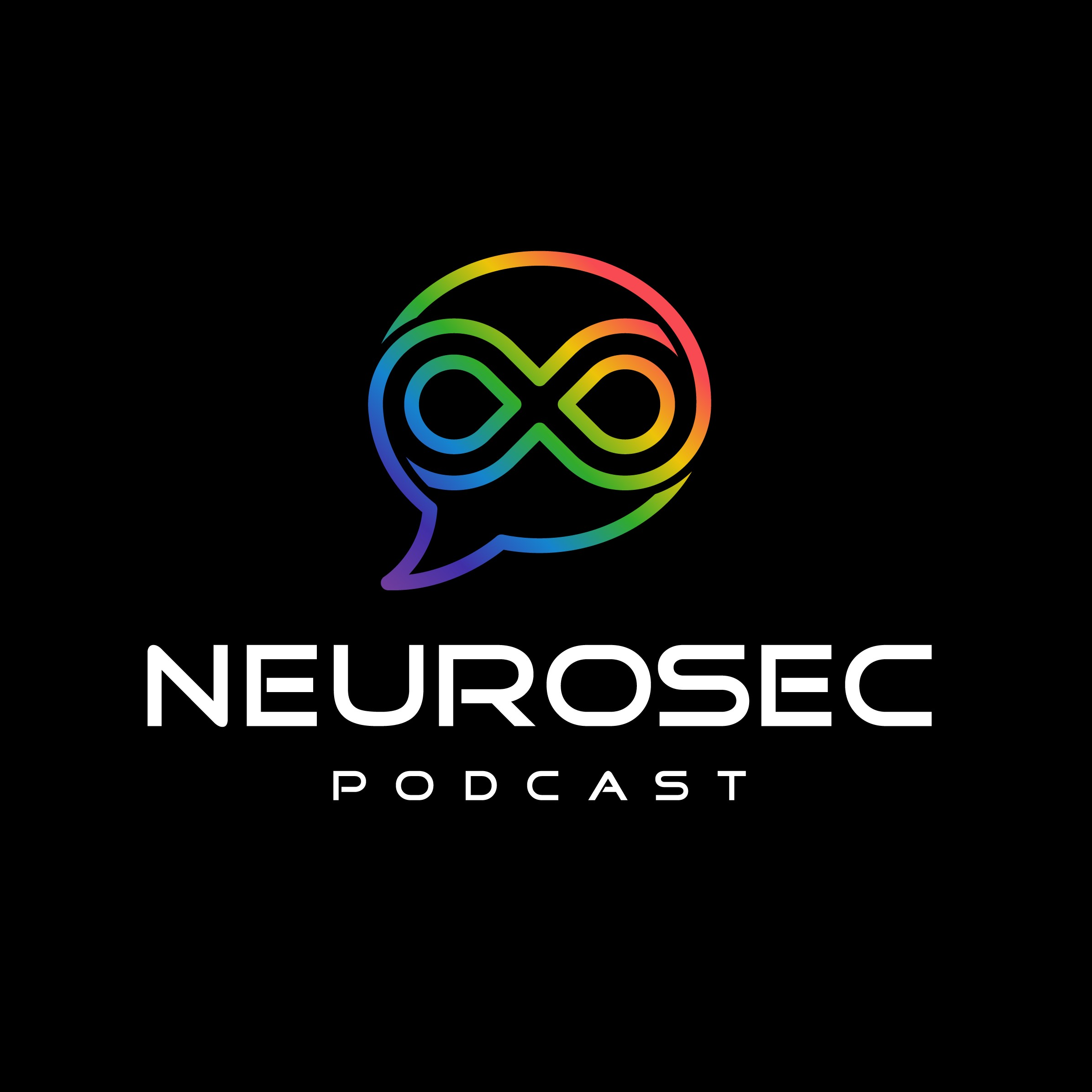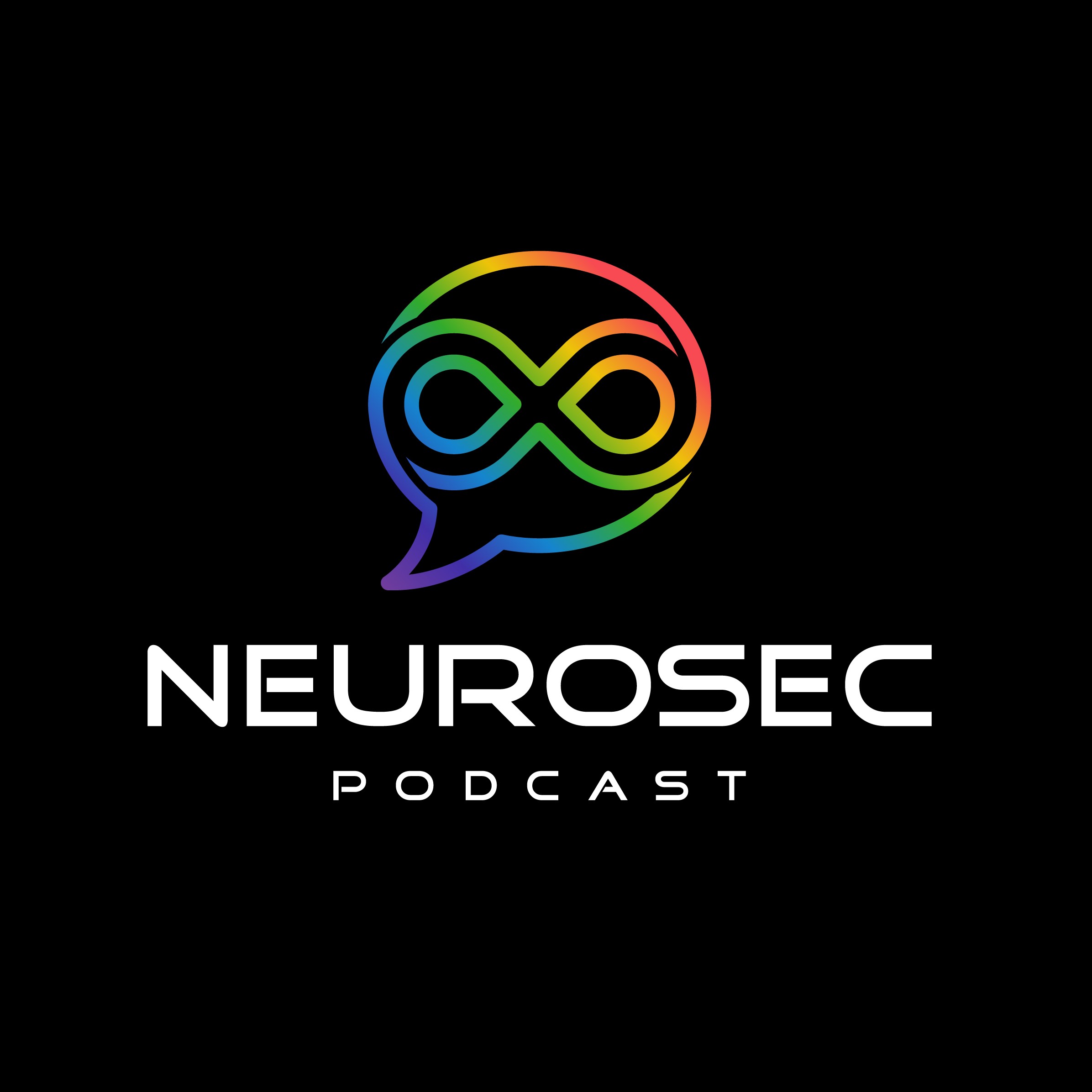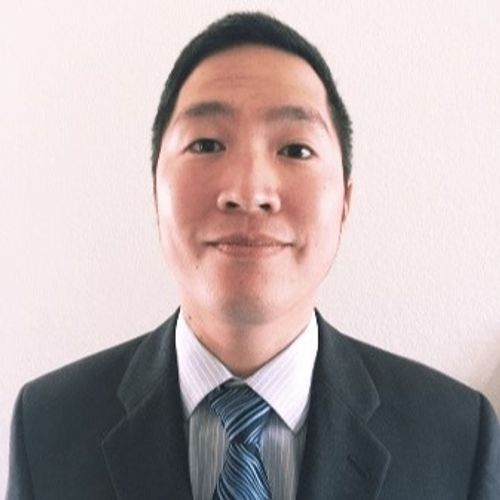Neurodiversity in Cybersecurity - Caleb Pifer
Neurodiverse workers can help to reduce the Cybersecurity skills gap, which is currently around 3.5 million unfilled jobs. Nathan Chung interviews Caleb Pifer, Vice President at Mercyhurst University where they have created the new Cyber-Autism Pilot Program, the first program of its kind in the country. He provides an overview of this amazing innovative program and how it will help to educate Neurodiverse students to transition them into Cybersecurity jobs.
Transcript
0:12
Hi, welcome to the NeuroSec podcast where we unite people and organizations to support and advance Neurodiverse people in Cybersecurity and beyond to make the world more diverse and inclusive. My name is Nathan Chung. And today, my special guest is Caleb Piper, Vice President at Mercyhurst University where they have created the new Cyber-Autism pilot program. Welcome, Caleb.
0:37
Thank you, Nathan, appreciate you having me on your program.
0:40
Yeah, great. So first, with nearly three and a half million cybersecurity jobs going unfilled. This is an this is a very important initiative to help with the Cybersecurity skills gap. I believe Mercyhurst is the first college in the nation to have such a the program, can you please share more about the Cyber-Autism pilot program.
1:02
ive, which was established in:3:43
That's incredible Caleb. Next question is, once students are, once students are accepted into the program, how will Mercyhurst Mercyhurst address their social and emotional needs?
3:58
So that really comes from the existing it's called the Autism Initiative at Mercyhurst, or AIM is the acronym and and how we refer to it on campus. It's really a life skills program. So it's actually embedded into our Division of Student Life as opposed to academics. So it's providing all of the backend life skills support and extra academic support that a student would need to be not only successful in their academic career, but in life. So a big part of the program is internships and career shadowing and visits to companies and trips that get them off campus and socialize then. It's, it's garnered quite a reputation, because it is effective. And the proof is in the pudding so to speak of the graduates and where they're ending up and landing jobs in their in their field. It's really impressive to see. So in addition to that, we'll also have a subject matter expert that is specifically hired for the program to provide additional academic support, and additional remediation behind the scenes, if necessary. They're also going to be working with the professors because they'll be identifying where the pinch points are within the existing curriculum. Because I should note, we're not creating a new major. We're not changing the major. Any school that would do that would would actually lose their accreditation for the program. This is our regular Cybersecurity major that the students will go through. But when those pinch points are identified, we'll be able to provide alternatives to make sure that the students are successful. Because that what I'm talking about is sort of the the heart of the artichoke. And the question that I've received the most is why? Why do you need to create a special program like this, if you're an institution that already has a Autism support program, and you have the Cybersecurity program? Why couldn't a student just come? Self select as a cyber major, just as they would self select or any other major? And the answer is, we know from our existing AIM program, which has 60 students in it. They're steering away from any of our analytic majors. Whether it be cyber, data science, applied intelligence. So even though we know from a research perspective, that many of them would excel in these majors and in these careers, they're steering away from them. And it's, we believe, many of them, it's not necessarily lack of interest, but their fear and trepidation about being successful because of some of the things that one would have to do to go through the program successfully with presentations and all those trigger points that we know folks on the on the spectrum, get, get uncomfortable with.
8:15
Yes, yes, indeed. And after students as your students go through the program and graduate, will, will the program also provide job placement services?
8:27
There will be, we have our our existing Career Support Division at the university. But I don't think that this this particular program is really going to need that. The level of interest that we've received from companies about this program already has been off the charts. Yes, it is fascinating to see. Even when we were gearing up for it, there were other companies outside of our corporate partner, which is Price Waterhouse Coopers, that were also you know, interested in in participating. Price Waterhouse was, was first to the to the table. So that's what's exciting about this program. And you know, this this major is the students I think, will be snapped up. And, you know, that is, um, you know, we were invited to the National Autism Summit, it was a invitation only summit at Microsoft's headquarters, and it was all the companies that have developed hiring practices for those on the spectrum, these are big tech and financial services. And my personal takeaway from the two days that I was there, is, you know, it's it's well, yes, laudable that these companies have developed these hiring practices, but they need to figure out the second part of it, you know, right now, and this is an exact quote from one of the companies. They said, we're shoehorning these individuals in the roles and they shouldn't be shoehorning them in into roles, because there is a tremendous amount of, of talent and potential. So it's, you know, there's, there's doing a program for diversity sake, and then there's doing a program for the wonderful benefits that you get from having a truly diverse workforce and a Neurodiverse workforce. It can be truly a win win. And that's what I'm personally hoping with this with this program that it's as much as a win for the graduates as it is for the for the for the companies, I believe it will be.
11:06
utistic students since around:11:40
Yes, it really goes back to the roots, the founding roots of Mercyhurst, the private school founded by the Sisters of Mercy, and a lot of the the programs that were founded, really have this sort of entrepreneurial spirit to them. So you wouldn't expect a small private school to be a pioneer in so many different areas. So in addition to being one of the first schools, you know, to really embrace the idea of having an Autism support program. Mercyhurt was the first school in the United States to create intelligence studies as a formal academic discipline. So that means a formal major for working in the intelligence field like the CIA, NSA, FBI. Prior to Mercyhurst creating that major, those government entities, we're hiring all different types of majors from schools throughout the country. And there was a career FBI agent who is retiring. And he's just saw a major skills gap. He he saw that there were students that were coming out that had wonderful communication skills, but they lacked, you know, their analytic knowledge and ability or vice versa. They have great analytics, but they couldn't communicate the data. And he wanted to create a program that would bridge the two. And it was a really novel idea. Academic institutions are very slow to change. They're slow. They don't necessarily embrace new, innovative ideas. And he approached Mercyhurst. He was an Erie native. And the president and the administration embraced it, created it, and now, that singular program has turned into an entire college at Mercyhurst. It's actually the largest of the four colleges. Go to Washington DC today and say Mercyhurst University and someone from the intel community is going to say, oh, great school, great program.
14:22
Wow, that is incredible. And, again, I thank you because these initiatives are just so important because it among Neurodiverse people, the unemployment rate is so high and in Cybersecurity, there's just so many unfilled jobs. So it totally makes sense. In fact, I, for me, my personal opinion, it borders almost to the level of a national security issue, because if we're not going to hire if US companies aren't going to hire Neurodiverse workers for Cybersecurity, our friends and our enemies will and they're going to have competitive advantage over us. We gotta step up our game.
15:02
It's a well, and I think that it's as you know, we draw more attention to it. It's not just the students that we're producing and this, this initial cohort, but really having a deeper conversation about it. I think that that realization is going to take place at a greater level. I mean, you look at some of the the research that we were looking at, and it's, it's fascinating. You know, I'll give you one example. It's not just so much how, you know, someone on the spectrum, how their mind works from an analytic perspective. It's also that research shows that individuals on the spectrum don't like a lot of change. They don't thrive in a change environment. So one of the biggest issues that companies have, especially the government, Cybersecurity jobs, it's classic supply and demand issue. When you have more jobs than you have people, people are job hopping like crazy because the firm down the street offered them you know, 10 grand more. When we're talking about the Neurodiverse population, that is not necessarily the case. They are going to be much more loyal, static employees because they don't like to pop around all the time.
16:30
Yeah, I know that feeling. But yeah, I totally agree on all those points. Totally. Okay, and yep. That's all the questions I had. And, again, thank you. Thank you. Thank you for your time today Caleb.
16:45
Absolutely. Thank you again for the opportunity. I really appreciate it.


